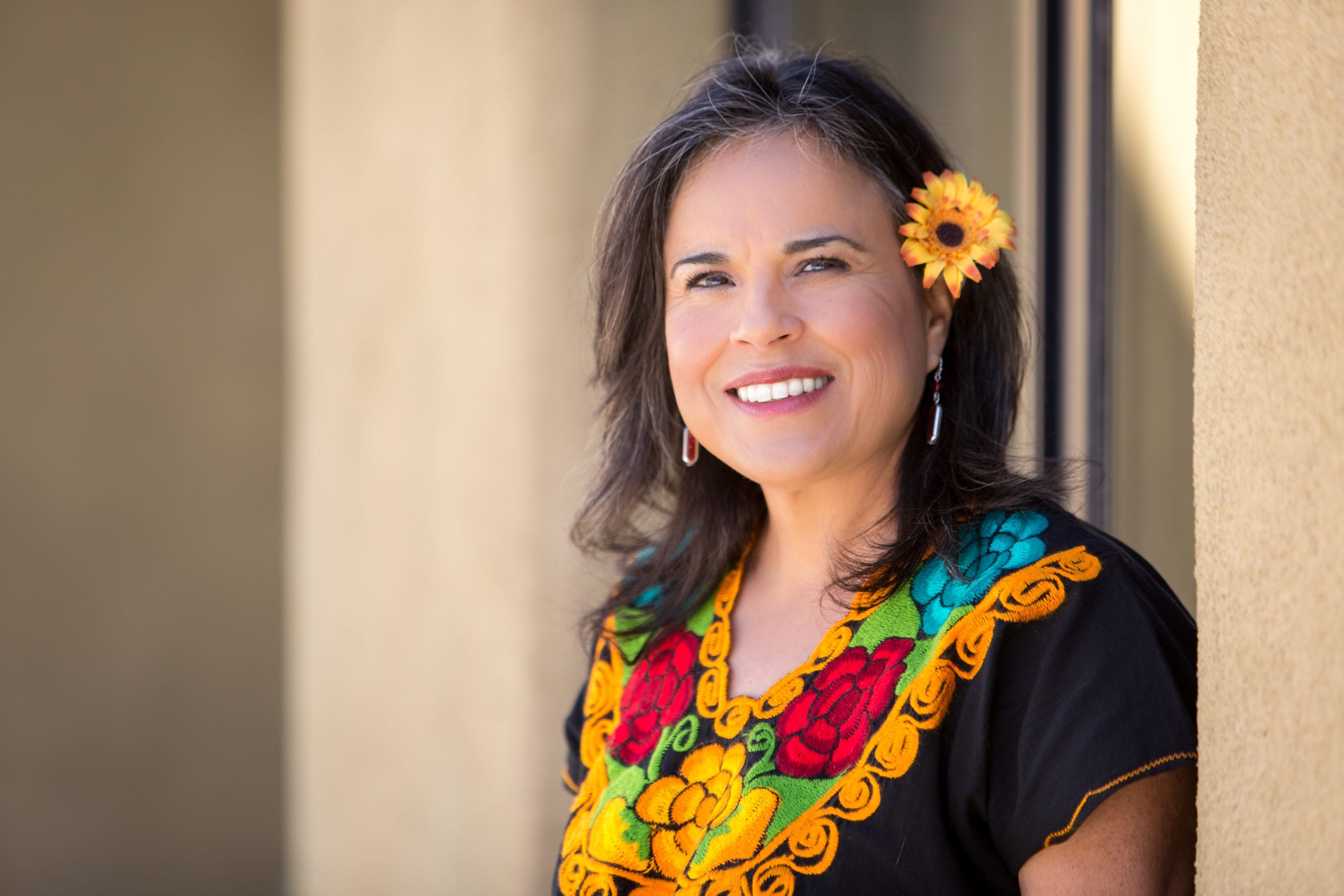Compassion & Choices Makes History: Collaborates With ‘Ventanillas de Salud’ to Educate Immigrant Families About End-of-Life Care Options
“Ventanillas de Salud” (Windows of Health) Helps U.S. Immigrants With Healthcare
Jun 5, 2020 end-of-life care options Mexico Ventanillas de Salud
Lea este comunicado de prensa en español aquí
 Compassion & Choices today announced a historic collaboration with the Ventanillas de Salud (Windows of Health) network to launch a bilingual educational campaign during the COVID-19 crisis to inform U.S.-based Mexican immigrants about their full range of end-of-life care options.
Compassion & Choices today announced a historic collaboration with the Ventanillas de Salud (Windows of Health) network to launch a bilingual educational campaign during the COVID-19 crisis to inform U.S.-based Mexican immigrants about their full range of end-of-life care options.
Ventanillas de Salud is a national health outreach program implemented by the Mexican Consulate’s secretary of foreign affairs and the secretary of health of Mexico. The initiative serves over one million individuals and their families located in cities with a high concentration of immigrants, including Albuquerque, Austin, Boston, Boise, Brownsville (Texas), Chicago, Denver, Detroit, El Paso, Houston, Laredo, Miami, Milwaukee, Minneapolis, New Orleans, New York, Orlando, Sacramento, San Diego, Santa Ana, San Juan, Presidio (Texas), Seattle, among others. The goal is to reduce the disparities in end-of-life planning and healthcare that negatively impact the Mexican community living in the United States.
As part of the campaign, consular and Ventanilla de Salud officials this week launched a series of webinars to further inform their team that treats sensitive cases during the pandemic.
“We are very grateful to Ventanillas de Salud for helping us reach Mexican families living in the United States to ensure they are aware of the full range of end-of-life care options,” said Kim Callinan, president and CEO of Compassion & Choices. “The COVID-19 pandemic has created a far greater awareness of the importance of end-of-life care conversations that involve la familia.”
The historic collaboration is especially timely since a disproportionate number of Hispanics are dying from COVID-19 in the United States. In fact, 25% of coronavirus deaths are among Latinos, a group that makes up 18% of the U.S. population. The Latino community is less likely than whites to have health insurance, which reduces their ability and willingness to seek treatment.
The collaboration was launched Wednesday during a webinar titled: Healthcare in the COVID-19 Era. See webinar at https://youtu.be/S03Wv8KAbuw
“I would like to take this opportunity to congratulate our allies at Compassion & Choices for their outstanding generosity in coordinating this activity which is so important for us,” said Ambassador Iván Sierra, executive director of Instituto de los Mexicanos en el Exterior or Institute of Mexicans Abroad. "We have seen an enormous concern because our colleagues in the consulates, in recent months, have had to face loss of life within the community. Our team in Mexico City wants to put our grain of sand so that these tools reach you."
“This first-time collaboration with Compassion & Choices will help us guide Mexicans living in the United States to make informed decisions about end-of-life care,” said Josana Tonda Salcedo, national coordinator for Ventanillas de Salud. “This pandemic makes it urgent for us to discuss with our loved ones what we want in case we get a deadly case of coronavirus or another life-shortening disease.”
More than 160 members of Ventanillas de Salud, Community Affairs and Protection representatives from the Mexican Consular network attended the 90-minute virtual training led by Compassion & Choices, where they learned about the free online bilingual COVID-19 toolkit available at CompassionAndChoices.org.
Participants from all over the country, including Albuquerque, Boston, Boise, Brownsville (Tex.), Chicago, Denver, Detroit, El Paso, Miami, Milwaukee, Minnesota, New York, San Diego, Santa Ana, and Seattle, also discussed the End-of-Life Decisions Guide Toolkit available in English and Spanish. This simple resource includes the documents necessary to fill out an advance directive, which clearly details an individual's care wishes for the end of life, so that family members are not left with the difficult task of guessing what a person wants when they cannot speak or make these decisions for themselves. As part of the campaign, Mexican officials will conduct a series of webinars to “strengthen the capacities” of consular and Ventanillas de Salud teams that are treating sensitive cases during the pandemic.
The collaboration is possible thanks to the initiative of the Secretariat for North America of the Secretariat of Foreign Relations of Mexico, with the support of its General Directorates, the Institute of Mexicans Abroad, the Ministry of Health and the Mexican section of the Mexico-United States Border Health Commission.
“The historic collaboration with Ventanillas de Salud will help us reach Mexican immigrant communities with vulnerable populations,” said María Otero, national constituency manager for Compassion & Choices. “We are living very difficult times, and we must ensure that Mexican immigrant families are well informed about their care options at the end of life.”
Hispanics also are less likely than whites to complete advance directives or discuss with their loved ones under which circumstances, if any, they want to receive medical interventions to prolong their life or dying process. Hispanic seniors also have little knowledge about their end-of-life care options and are far less likely than whites to enroll in hospice, according to a report published by the American Hospice Association.“But these disparities that impact Latinos are something we can control, by communicating with our doctors and loved ones ahead of time about whether we would want to be kept alive with aggressive treatments if we become too sick to speak for ourselves,” added Callinan. “An advance directive is something every person should complete. It can be a great source of relief for your family. It is — literally — a gift to your loved ones.”


